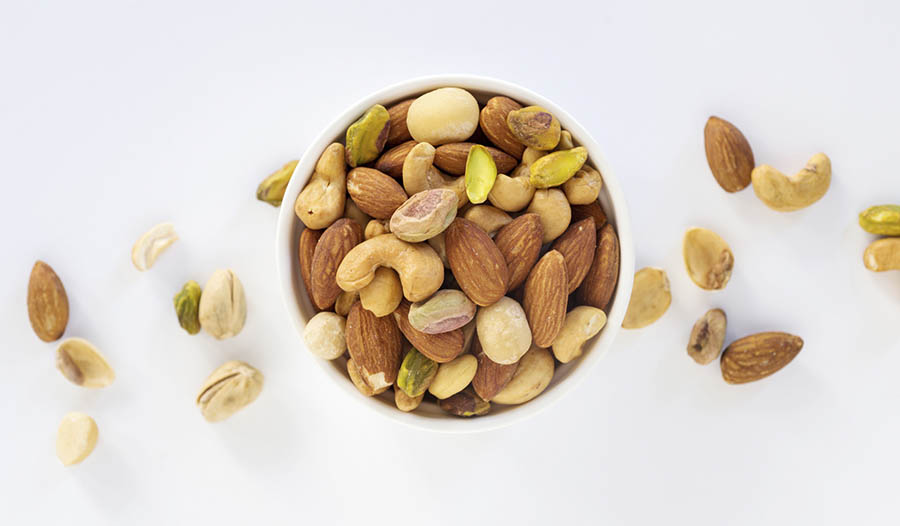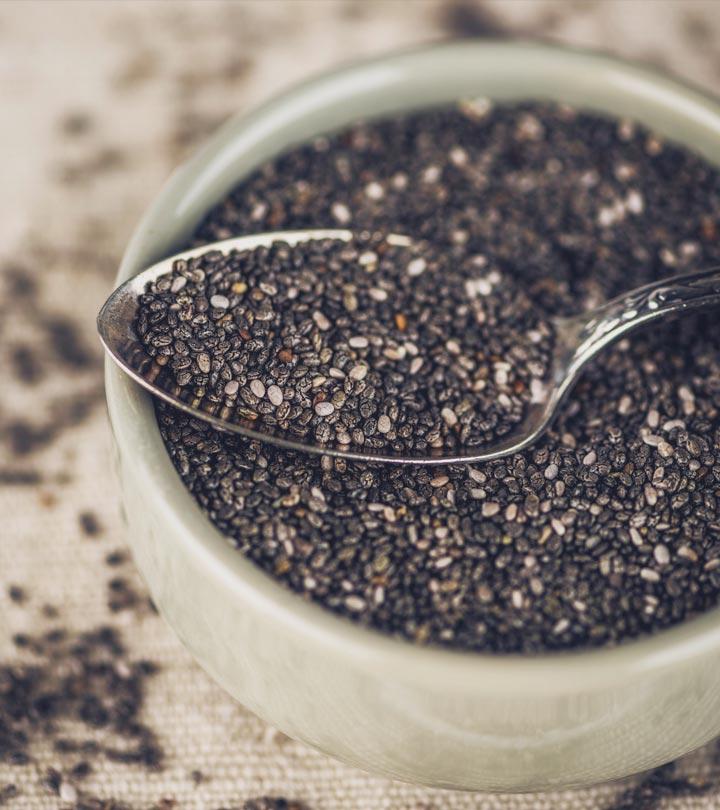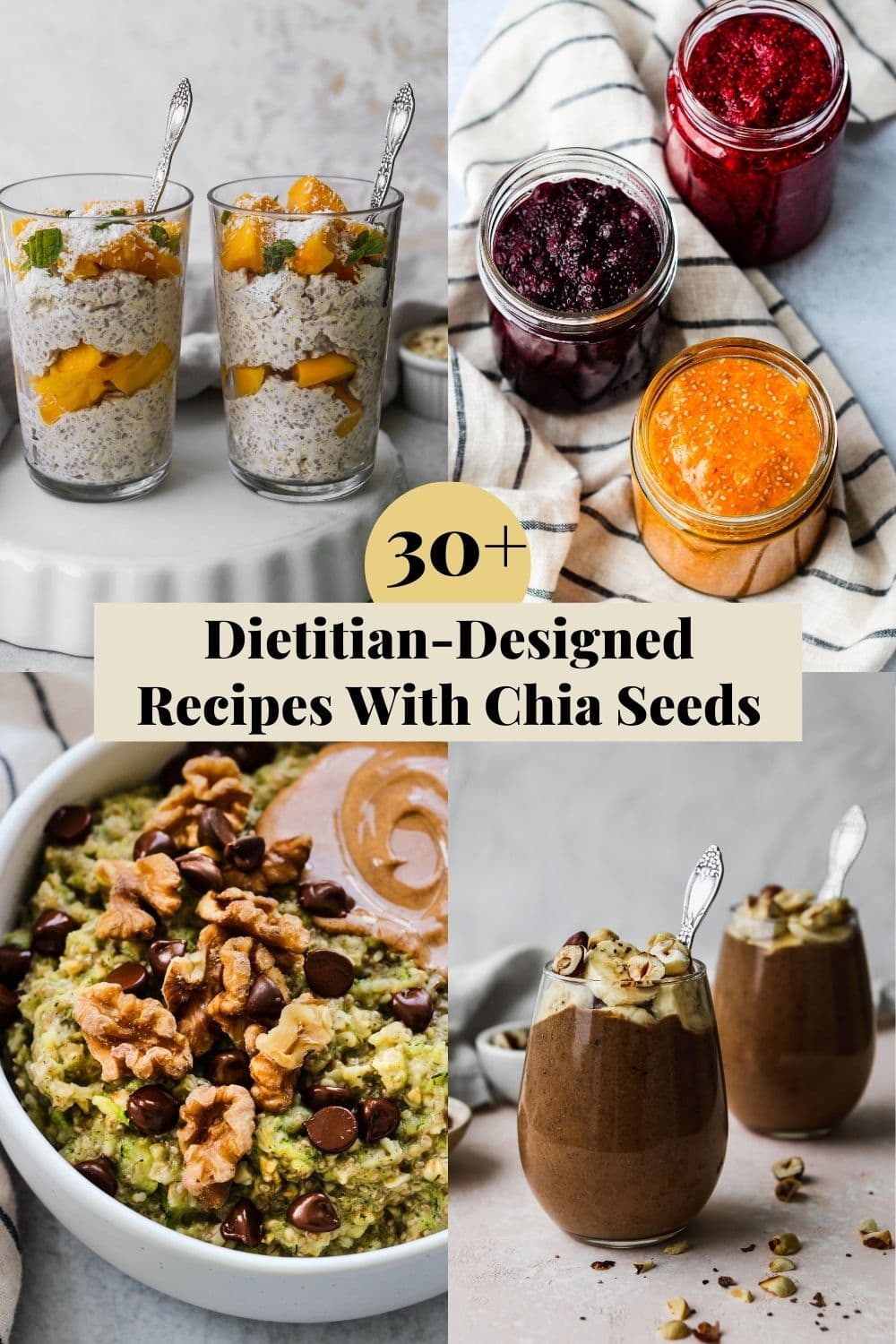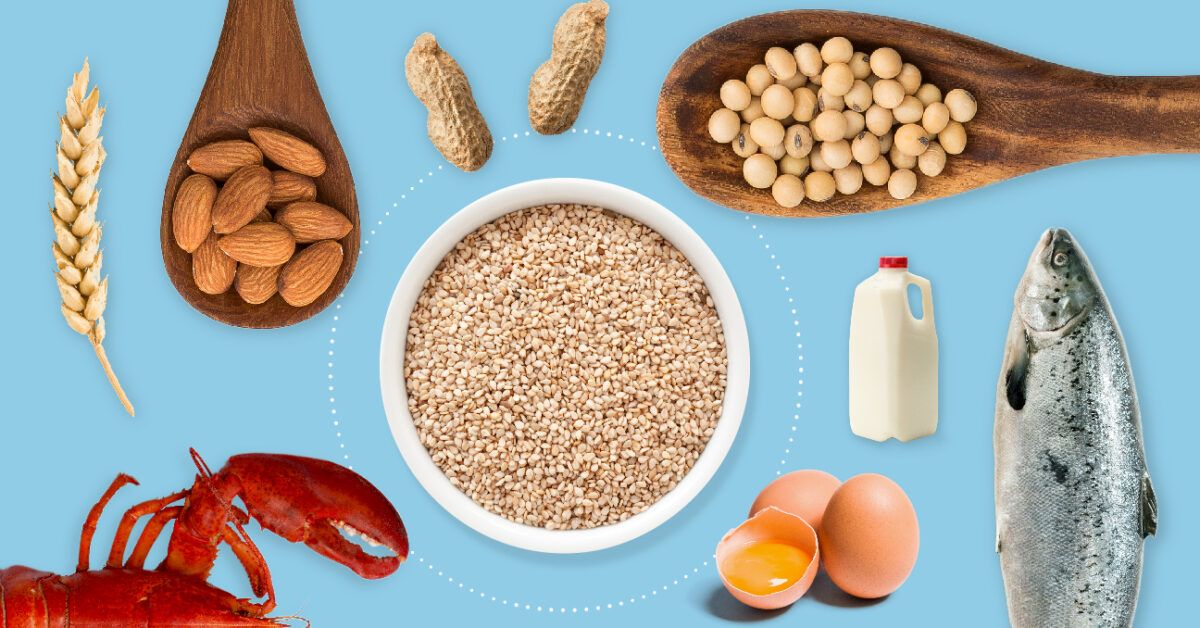The Health Benefits of Eating More Nuts and Seeds


Various Types of Nuts and Their Health Benefits
Almonds: Packed with Nutrients and Antioxidants
Almonds are a delicious and nutritious nut that is packed with essential nutrients and antioxidants. They are an excellent source of healthy fats, protein, and fiber, making them a great option for a snack or as an ingredient in various dishes. Additionally, almonds are rich in vitamin E, which is known for its antioxidant properties and its ability to protect cells from harmful free radicals.
Walnuts: Boost Your Brain Health with Omega-3 Fatty Acids
Walnuts are renowned for their high content of omega-3 fatty acids, which are essential for brain health and function. These healthy fats have been linked to improved cognitive function and a reduced risk of age-related cognitive decline. Walnuts also contain antioxidants and vitamins that contribute to overall brain health.
Cashews: Heart-Healthy and Rich in Essential Minerals
Cashews are not only delicious but also offer numerous health benefits. They are a great source of heart-healthy monounsaturated fats that can help lower bad cholesterol levels. Cashews are also rich in essential minerals such as magnesium, zinc, and iron, which are vital for maintaining healthy bodily functions.
Pistachios: Promote Eye Health and Weight Management
Pistachios are not only a tasty snack but also have numerous health benefits. They are an excellent source of antioxidants, including lutein and zeaxanthin, which play a crucial role in maintaining eye health and preventing age-related macular degeneration. Pistachios are also relatively low in calories and high in fiber, making them a great choice for weight management.
Brazil Nuts: Excellent Source of Selenium for Thyroid Function
Brazil nuts are a powerhouse of nutrients and are particularly known for their high selenium content. Selenium is essential for proper thyroid function and plays a crucial role in metabolism regulation. Just two Brazil nuts a day can provide the recommended daily intake of selenium.
Peanuts: High in Protein and Good Fats for Energy
Peanuts are one of the most popular nuts known for their delicious taste and nutritional value. They are high in protein and good fats, which make them an excellent snack for sustained energy. Peanuts also contain fiber, vitamins, and minerals that promote overall health.
Incorporating a variety of nuts into your diet can offer a wide range of health benefits. From promoting heart health to boosting brain function and supporting weight management, nuts are a convenient and nutritious addition to any diet. Enjoy them as a snack, sprinkle them on top of salads, or use them in your favorite recipes to reap the many advantages they offer.

Benefits of Seeds for Overall Wellness
Chia Seeds: Fiber-Rich Superfood for Digestive Health
Chia seeds have gained popularity in recent years due to their numerous health benefits. These tiny seeds are a powerhouse of fiber, which is essential for maintaining a healthy digestive system. Chia seeds absorb liquid and form a gel-like substance in the stomach, which helps regulate bowel movements and prevents constipation. Additionally, chia seeds are rich in omega-3 fatty acids, antioxidants, and minerals, making them a nutrient-dense addition to your diet.
Flaxseeds: Omega-3 Powerhouse for Heart Health
Flaxseeds are another excellent source of omega-3 fatty acids, which are crucial for heart health. Omega-3 fatty acids help reduce inflammation, lower blood pressure, and improve cholesterol levels. Adding flaxseeds to your diet can promote cardiovascular health and lower the risk of heart disease. These versatile seeds can be ground and used as a replacement for eggs in baked goods or added to smoothies and oatmeal.
Pumpkin Seeds: Improve Immunity and Support Prostate Health
Pumpkin seeds are not only a delicious snack but also packed with essential nutrients. They are rich in antioxidants, iron, magnesium, zinc, and vitamin E, which can help boost your immune system and fight off infections. Additionally, pumpkin seeds contain compounds that may support prostate health in men. Incorporating roasted pumpkin seeds into your diet can be a tasty way to reap these benefits.
Sunflower Seeds: Promote Skin Health and Boost Energy Levels
Sunflower seeds are a great source of vitamin E, which plays a vital role in maintaining healthy skin. Vitamin E acts as an antioxidant, protecting skin cells from damage and keeping the skin looking youthful. Furthermore, sunflower seeds are rich in healthy fats, protein, and fiber, making them a nutritious snack that can provide a sustained energy boost throughout the day.
Sesame Seeds: Rich in Calcium for Strong Bones and Teeth
Sesame seeds are small but mighty when it comes to calcium content. These tiny seeds are an excellent source of this essential mineral, which is crucial for strong bones and teeth. Including sesame seeds in your diet can help prevent osteoporosis and support overall bone health. They can be sprinkled on salads, added to stir-fries, or used to make tahini, a paste commonly used in hummus and other Middle Eastern dishes.
Incorporating a variety of seeds into your diet can offer a wide range of health benefits. From digestive health to heart health and beyond, these tiny powerhouses are a simple and tasty way to support your overall wellness.

Incorporating Nuts and Seeds into Your Diet
If you're looking to add a boost of nutrition and flavor to your diet, look no further than nuts and seeds. Packed with essential vitamins, minerals, and healthy fats, they are a great addition to any meal or snack. Here are some simple and delicious ways to incorporate nuts and seeds into your daily routine:
Snack Ideas: Simple and Nutritious Options for On-the-Go
-
Trail Mix: Create your own custom mix with a variety of nuts, seeds, and dried fruits. It's a convenient and tasty way to satisfy your cravings while providing a good dose of energy and nutrients.
-
Energy Balls: Whip up a batch of homemade energy balls using nuts, seeds, dates, and a touch of honey or nut butter. They make for a portable and nutritious snack that can be enjoyed throughout the day.
Adding Nuts and Seeds to Salads, Yogurts, and Smoothies
-
Salads: Sprinkle a handful of chopped nuts or seeds on top of your favorite salad for added crunch and nutrition. They can also help to make your salad more filling and satisfying.
-
Yogurts: Mix in a spoonful of nuts and seeds to your yogurt for a tasty and protein-rich boost. You can also layer them with fruits and granola to create a delicious parfait.
-
Smoothies: Blend in some nuts or seeds into your smoothies for an extra dose of omega-3 fatty acids, fiber, and protein. They will add a creamy texture and enhance the nutritional value of your drink.
Cooking and Baking with Nuts and Seeds: Creative and Healthy Recipes
-
Roasted Vegetables: Toss your favorite veggies with a sprinkle of seeds like sunflower or pumpkin before roasting them. The seeds will add a nutty flavor and a delightful crunch to your dish.
-
Homemade Granola: Bake your own granola using a mixture of oats, nuts, seeds, and a touch of sweetness. It's a versatile and nutritious option to enjoy as a breakfast cereal or a topping for yogurt and smoothie bowls.
-
Nut Butter: Make your own nut butter using a food processor or blender. It's a healthier alternative to store-bought spreads and can be used as a dip, spread, or ingredient in various recipes.
Nuts and seeds are not only delicious but also offer a wide range of health benefits. So, go ahead and get creative with incorporating them into your daily meals and snacks to reap their nutritional goodness!

Safety Precautions and Considerations
Allergies: Identifying and Managing Nut and Seed Allergies
It's important to note that nuts and seeds can pose a risk to individuals with allergies. Nut and seed allergies are common and can range from mild discomfort to severe reactions, including anaphylaxis. It's crucial to be aware of any allergies you or your loved ones may have before incorporating nuts and seeds into your diet or touching them to avoid cross-contamination. Consult with a healthcare professional if you suspect you have a nut or seed allergy.
Portion Control: Ensuring Moderation for Optimal Health
While nuts and seeds offer numerous health benefits, it's essential to consume them in moderation. Despite being high in healthy fats, protein, and fiber, they are also energy-dense foods. Overindulging in nuts and seeds can lead to excess calorie intake, which may contribute to weight gain. Stick to recommended portion sizes and incorporate a variety of nuts and seeds into your diet for balanced nutrition.
Storage and Shelf Life: How to Keep Nuts and Seeds Fresh
Proper storage is crucial to maintain the freshness and quality of nuts and seeds. Exposure to air, light, and moisture can cause them to become rancid and lose their nutritional value. To ensure optimal storage:
- Store nuts and seeds in airtight containers or resealable bags.
- Keep them in a cool, dark place, away from direct sunlight.
- Refrigerate or freeze them for extended shelf life, especially for seeds, as they contain oils that can spoil.
By following appropriate storage practices, you can enjoy the full benefits and flavors of nuts and seeds for an extended period.
Here's a table summarizing the safety precautions and considerations for nuts and seeds:
| Consideration | Explanation |
|---|---|
| Allergies: Identifying and Managing Nut and Seed Allergies | – Be aware of any allergies you or your loved ones may have before consuming nuts and seeds. – Consult with a healthcare professional if you suspect a nut or seed allergy to ensure proper management. |
| Portion Control: Ensuring Moderation for Optimal Health | – Consume nuts and seeds in moderation to prevent excessive calorie intake. – Stick to recommended portion sizes and incorporate variety for balanced nutrition. |
| Storage and Shelf Life: How to Keep Nuts and Seeds Fresh | – Store nuts and seeds in airtight containers or resealable bags.- Keep them in a cool, dark place, away from direct sunlight.- Refrigerate or freeze for extended shelf life. |

Recap of Nuts and Seeds' Health Benefits
Nuts and seeds are tiny powerhouses of nutrition that can greatly boost your health. Here are some of the key health benefits they provide:
-
Heart Health: Nuts and seeds are rich in unsaturated fats, which have been linked to a reduced risk of heart disease. They also contain fiber, antioxidants, and various heart-healthy nutrients like omega-3 fatty acids.
-
Weight Management: Despite being high in calories, nuts and seeds can actually help with weight management. The combination of protein, fiber, and healthy fats helps keep you feeling full and satisfied, reducing the chances of overeating.
-
Brain Health: Many types of nuts and seeds are packed with nutrients that support brain health. For example, almonds provide vitamin E, which is important for cognitive function, and flaxseeds are rich in omega-3 fatty acids that promote brain health.
-
Blood Sugar Control: Nuts and seeds have a low glycemic index, meaning they have a minimal impact on blood sugar levels. This makes them a great snack option for individuals with diabetes or those looking to maintain stable blood sugar levels.
Importance of Incorporating Nuts and Seeds in Your Diet
Including nuts and seeds in your diet can have numerous benefits for your overall health. Here's why you should consider adding them to your daily meals:
-
Nutrient Density: Nuts and seeds are packed with important nutrients like vitamins, minerals, healthy fats, and protein. Adding them to your meals can help ensure you're getting a wide range of essential nutrients.
-
Improved Digestion: The fiber content in nuts and seeds can support a healthy digestive system. Fiber aids in digestion, promotes regular bowel movements, and helps prevent constipation.
-
Enhanced Energy: Nuts and seeds provide a good source of energy due to their high calorie and healthy fat content. Including them in your meals or consuming them as a snack can give you a sustainable energy boost throughout the day.
-
Antioxidant Protection: Many nuts and seeds contain antioxidants, which help protect your cells from damage caused by free radicals. This can help reduce the risk of chronic diseases and support overall wellness.
Incorporating a variety of nuts and seeds into your diet can provide you with a myriad of health benefits. Be sure to include them as part of a balanced diet to optimize their nutritional value.



